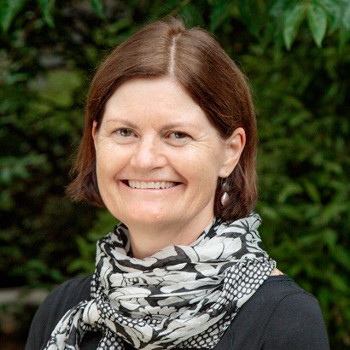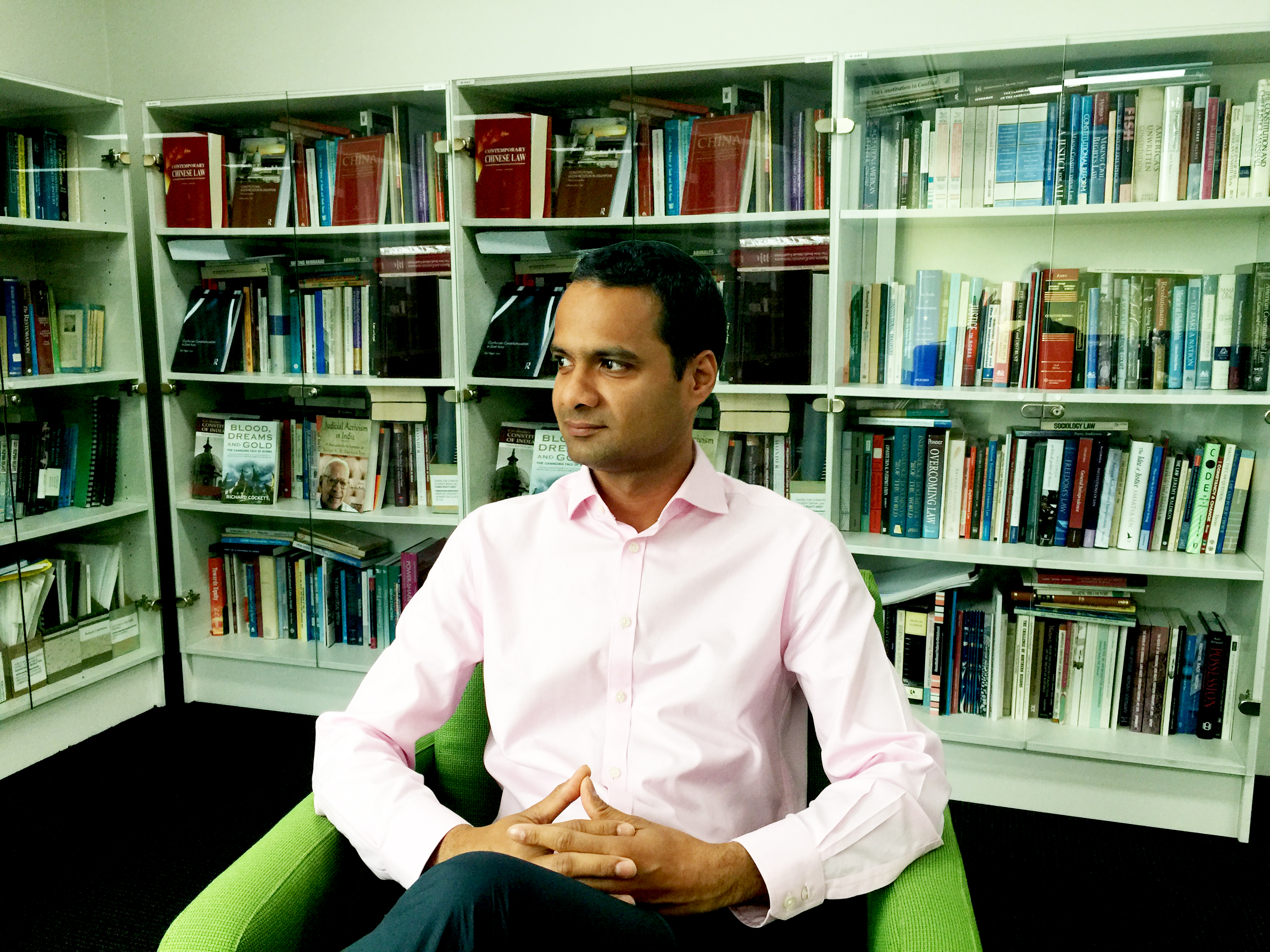Liberal Constitutionalism and Post-colonialism in the Global South
Notes & Changes
Alternatively, you can attend the event online. If you would like to attend this event online, register here to receive the Zoom webinar link.
Professor Philipp Dann will talk about liberal constitutionalism and postcolonialism in the Global South. But even a very first proposition (that liberal constitutionalism is under attack in many places, including the Global South) turns complicated the closer we look at it: What exactly is ‘liberal constitutionalism’? What is the Global South? Who attacks and for what reasons? How do place and context matter? What has postcolonialism got to do with? Building on a variety of writings in this area, Professor Dann will try to disentangle some threads but also challenge a number of assumptions.
Philipp Dann

Philipp Dann is Professor at Humboldt University Berlin, where he holds the Chair in Public and Comparative Law. His research focuses on the role of law in the encounter and entanglement between South and North – in international, comparative and European law, in legal theory and legal history. He is the editor-in-chief of the quarterly journal “World Comparative Law” that focuses on public law in the Global South. He advises governments and other parties on constitutional matters and questions of law and development. He is a co-founder of the ‘Law and Development Research Network’ and principal investigator at the research clusters ‘Contestations of the Liberal Script’ and ‘Varieties of Constitutionalism’.
Discussants
Kate O'Regan

Kate O'Regan is Professor of Human Rights Law and Director of the Bonavero Institute of Human Rights. She is a former judge of the South African Constitutional Court (1994 – 2009). In the mid-1980s she practiced as a lawyer in Johannesburg in a variety of fields, but especially labour law and land law, representing many of the emerging trade unions and their members, as well as communities threatened with eviction under apartheid land laws. In 1990, she joined the Faculty of Law at UCT where she taught a range of courses including race, gender and the law, labour law, civil procedure and evidence. Since her fifteen-year term at the South African Constitutional Court ended in 2009, she has amongst other things served as an ad hoc judge of the Supreme Court of Namibia (from 2010 - 2016), Chairperson of the Khayelitsha Commission of Inquiry into allegations of police inefficiency and a breakdown in trust between the police and the community of Khayelitsha (2012 – 2014), and as a member of the boards or advisory bodies of many NGOs working in the fields of democracy, the rule of law, human rights and equality.
Tarun Khaitan

Tarun Khaitan is the Head of Research at the Bonavero Institute of Human Rights & the Professor of Public Law and Legal Theory at the Faculty of Law (Oxford). He is also a Professor & Future Fellow at Melbourne Law School, working on a project on the resilience of democratic constitutions, with a focus on South Asia. He specialises in legal theory, constitutional studies, and discrimination law. He is the founding General Editor of the Indian Law Review, founder and Chief Advisor of the Junior Faculty Forum for Indian Law Teachers, and an Affiliate of the Bonavero Institute of Human Rights and an Associate of the Oxford Human Rights Hub. His monograph entitled A Theory of Discrimination Law (OUP 2015) has been cited by the European Court of Human Rights and reviewed very positively in leading journals. The book also won the Woodward Medal (with a cash prize of 10,000 Australian dollars) in 2019 for making ‘a significant contribution to knowledge in a field of humanities and social sciences.’ He is currently on the advisory board of the United Nation’s Human Rights Office of the High Commissioner’s effort to draft ‘A Practical Guide to Developing Comprehensive Anti-Discrimination Legislation’.
Renata Uitz
Renáta Uitz started teaching comparative constitutional law at CEU in 2001 and became a professor of law in 2009. Her major research interests lie in transition to and from constitutional democracy, the protection of individual autonomy and religious liberty. Her current work focuses on illiberal constitutional practices in the European Union and the normalization of illiberal constitutionalism around the world. Her most recent book publication is the Routledge Handbook of Illiberalism, co-edited with András Sajó and Stephen Holmes (Routledge 2021). Her other books include The Constitution of Freedom: An Introduction to Legal Constitutionalism (OUP 2017) and the co-edited volume Critical Essays on Human Rights Criticism (Eleven 2020). Previously she served as chair (director) of the Comparative Constitutional Law program (2007-20), founding co-director of the Clinical Specialization and as head of the Department of Legal Studies (2012-15, 2018-20). Between 2013-2021 she was co-director of the annual CEU summer course on Constitution-building in Africa. In February 2022 she joins CEU's Democracy Institute as a co-director.

